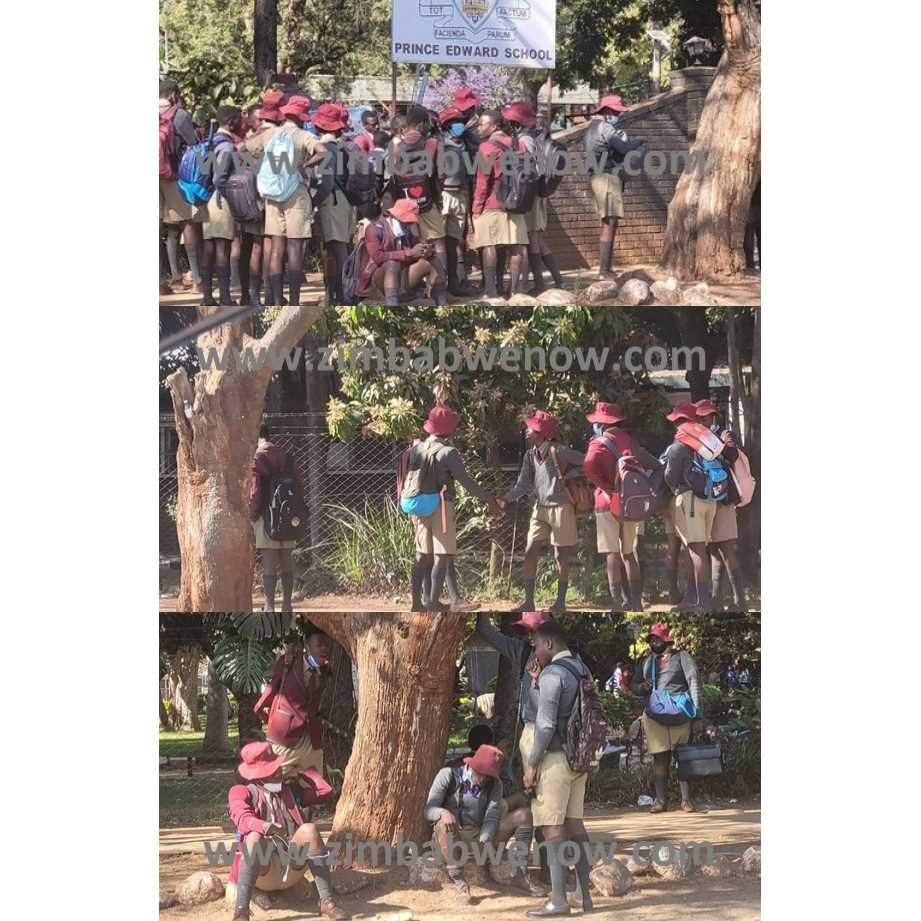
Thousands of learners around the country are shut out from education as institutions are turning them away over unpaid school fees.
Zim Now can confirm that institutions across all levels including public schools and top notch private schools have resorted to barring learners from their premises over unpaid fees.
“We gave adequate notice to the parents that no learner would be allowed into the gate without full payment of fees. But some perennial defaulters just chose to ignore the warning and just dispatched their kids to school anyway. So we had no choice but to shut them out,” said one government primary school head in Harare.
The heads interviewed who agreed to speak to Zim Now all requested anonymity saying they are not permitted to speak to media without authorization from the parent ministry.
Ministry of Primary and Secondary Education (MOPSE) spokesperson Mr Taungana Ndoro said this move by schools is illegal.
“We don’t accept that. If it is about fees, the school must talk to the parents. It is not legal to chase away learners,” said Mr Ndoro.
Directives from the MOPSE apply to all registered schools, public and private.
A head at a private school where fees start at US$1500 a term said it is all well for the ministry to make such announcements but at the end of the day, it is unfair on learners whose parents and guardians are sacrificing to pay fees.
“This is the only language that some parents understand. As long as their children have access to classes, they choose not to pay fees. But for learning to take place, you need resources.
“Once we allow learners to come in without insisting in fees payment upfront, payment rates drop and we find ourselves unable to offer the proper standards which is unfair on those who would have paid,” said the head.
The head pointed out that private schools are an option and if parents cannot afford it, they should transfer their children to more affordable options.
It’s a right, but whose responsibility?
Related Stories
The Constitution of Zimbabwe guarantees every child access to education. In April this year, Government said that beginning 2023, the country will adopt phased free primary school education.
In conjunction with UNICEF, MOPSE introduced the School Improvement Grants. The SIGs are directed towards the most vulnerable schools to meet direct learning costs such as procurement of materials. Last figures available online are values of US$3000 for primary schools and US$4000 for satellite secondary schools per year. The subsidy on running costs should then be reflected on reduced fees per child.
This is nothing new. Post-Independence, Zimbabwe implemented an education for all policy which had facets of free education. The country’s literacy rate which had been kept deliberately low under the bottlenecking colonial system shot up by almost 80 percent to make Zimbabwe one of the country’s with the highest literacy rates in Africa.
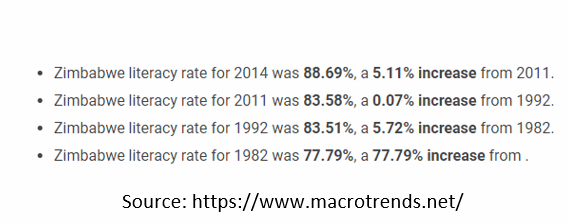
While there are questions being asked about relevance of the education system, literacy rates remain high and Zimbabwe has respectable global score. Literacy is the ability to read and write.
This is definitely something worth defending and free education is a good way to do it. But at whose cost?
Another school head said post 1980, per capita grants paid by government to each school went away towards funding learning costs. But now this is hardly enough to meet learning costs. So parents must pay.
Nordic countries which probably have the best free education systems in the world are balanced out with high tax revenue bases. Zimbabwe on the other hand has a high volume of individuals and businesses that do not pay any tax as their operations are informal.
Thus there is need for a viable and sustainable funding model for the educations system.
For now, no fees, no education
Meanwhile children whose parents and guardians are shut out from accessing education. Schools say that they are not relenting because they have no choice.
“We are not chasing away learners. We are simply telling them to go and collect their proof of payment for school fees then return to school. That is all,” said a school head.
The head said in the past MOPSE had directed that they follow legal routes to claim outstanding fees but this had again raised challenges.
“The value of the money can be eroded by inflation. When schools engaged debt collectors, there was another outcry. People must just understand that fees must be paid in order for education to be delivered. That is all.”











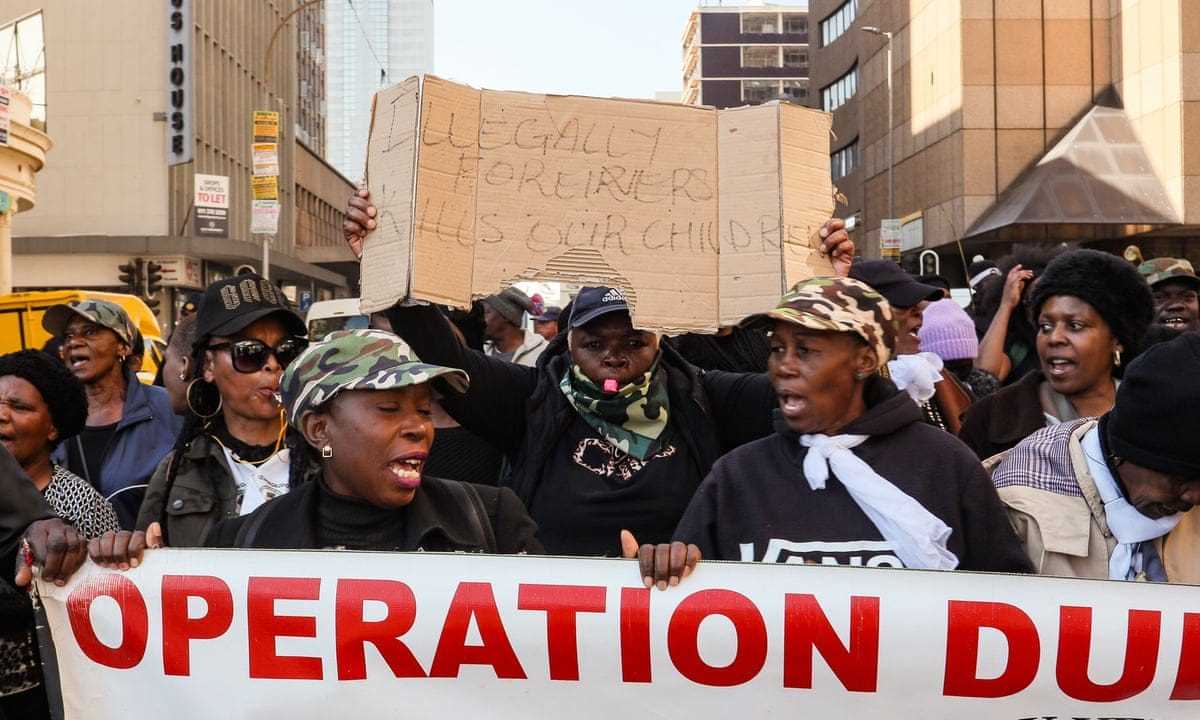
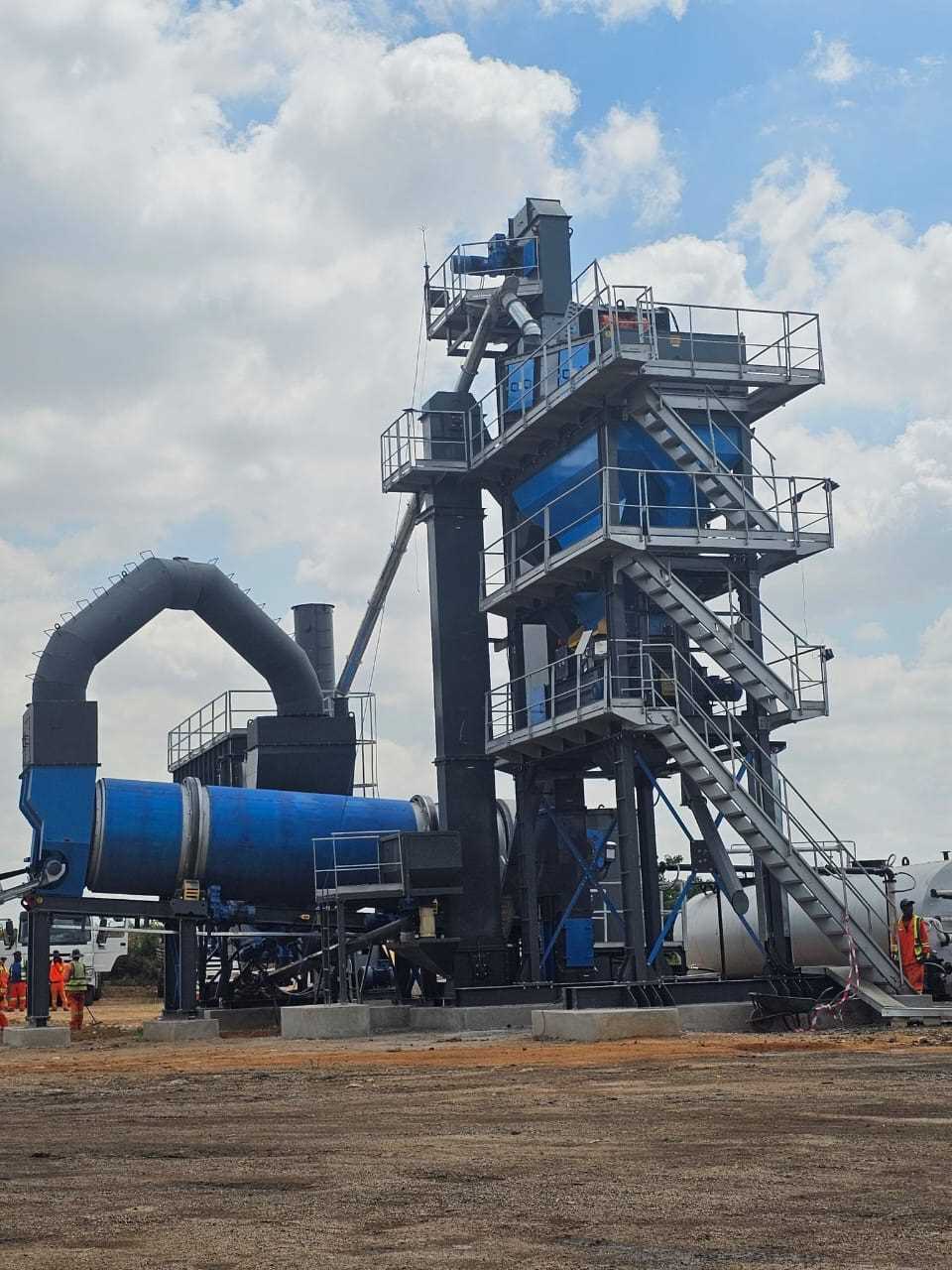

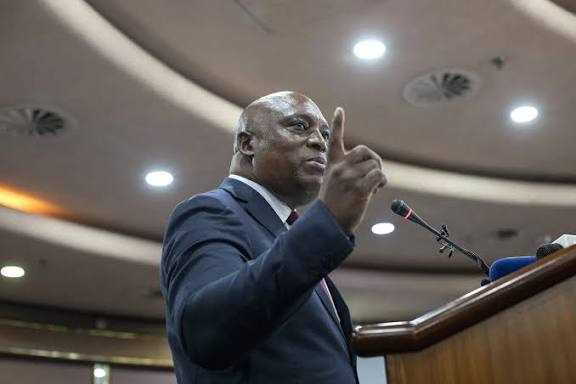
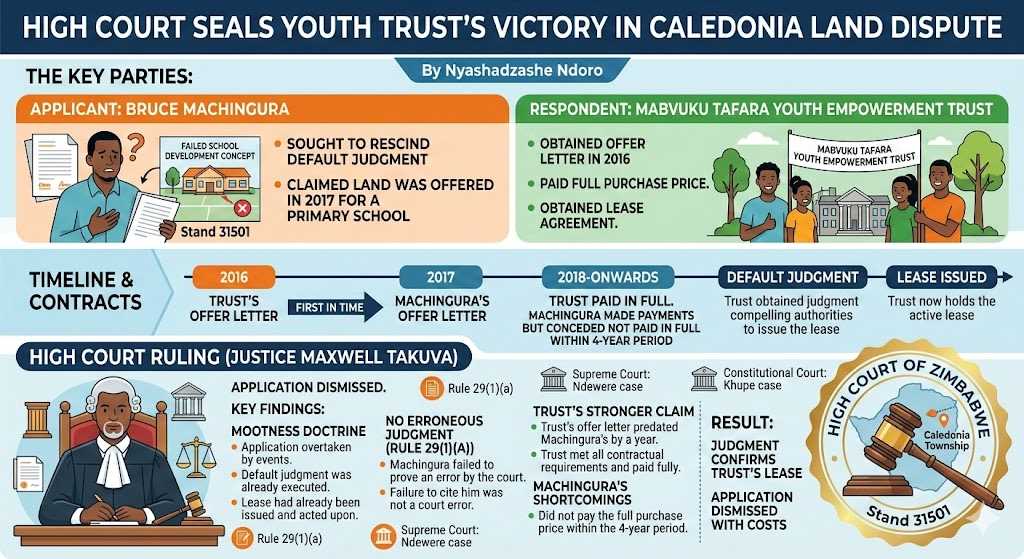


Leave Comments